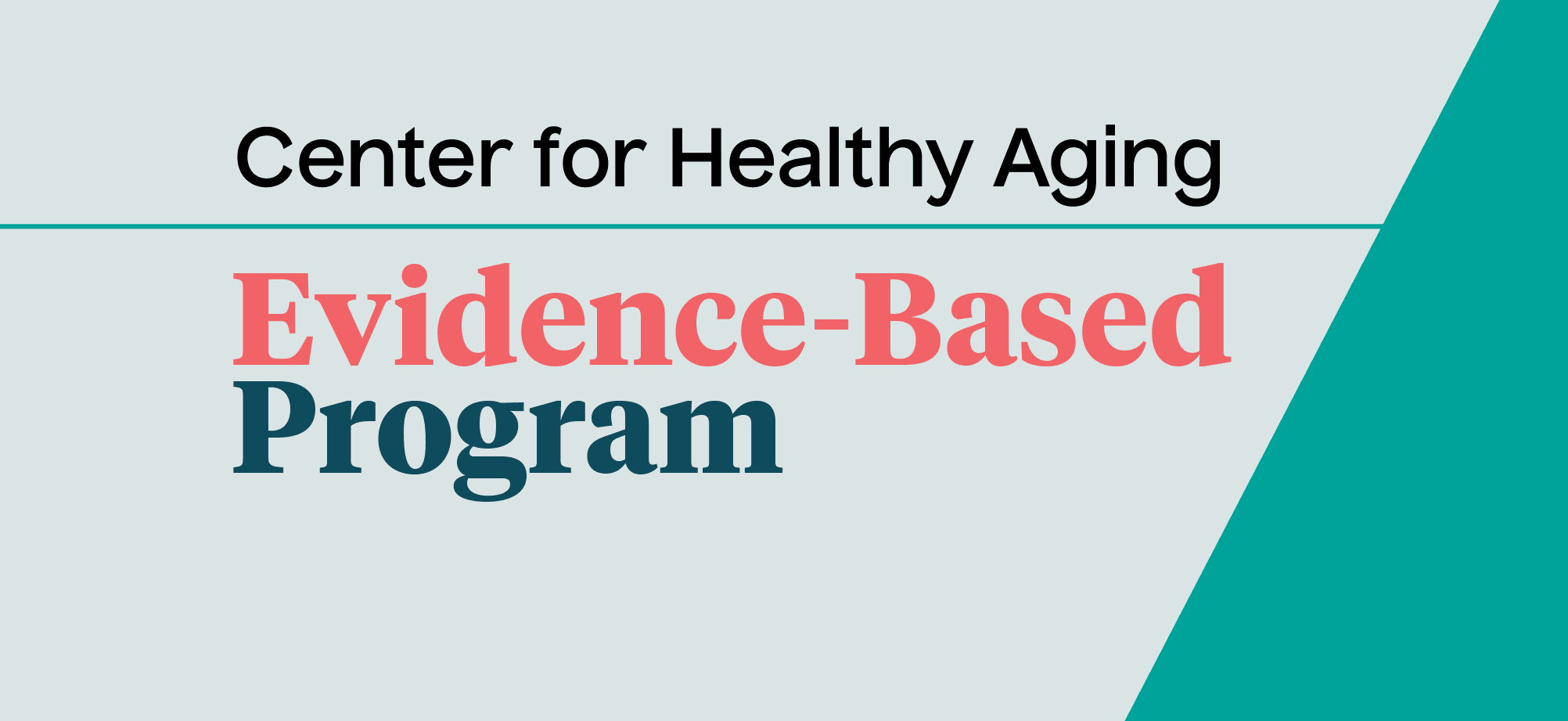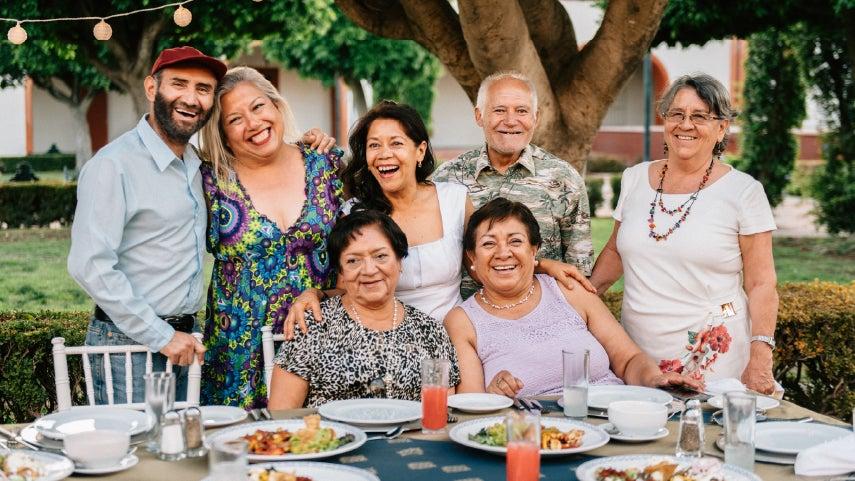
What are EBPs?
Solid Research: EBPs are based on rigorous study of the effects or outcomes of specific interventions or model programs. They demonstrate reliable and consistently positive changes in important health-related and functional measures.
Packaged Programs: Tested model programs are translated into practical, effective community-based programs. If you implement one, you will receive a packaged program with a variety of supportive materials. As a result, the program’s content and fidelity will be consistent in all settings, and it will be easy to deliver. Packages usually include implementation manuals and specialized training.
Why use EBPs?
EBPs can educate older adults about important health information, including proven strategies for managing chronic conditions and preventing falls.
Reduce Chronic Diseases and Falls: The percentage of older individuals in the population has increased with each decade, and the proportion of persons 75 years and older has grown even faster. As a result, chronic diseases and falls have increased and are now the leading causes of death and disability among older Americans.
Fortunately, both chronic diseases and falls are highly preventable. EBPs can help turn the tide and raise older adults’ quality of life—improving health behaviors, health and functional status, and overall well-being.
Form Community Partnerships: Equally important, community organizations and health care entities can partner to implement EBPs. Making community-clinical linkages is integral to promoting good health and reducing disease and disability.
What are the benefits of EBPs?
EBPs work! They are based on rigorous study of interventions and model programs carried out with multiple populations in a variety of settings. Therefore, they are more likely to produce positive changes or outcomes for people who participate.
Benefits to older adults:
- Improved quality of life
- Increased self-efficacy in managing one’s health
- Increased or maintained independence, positive health behaviors, or mobility
- Reduced disability (fewer falls, later onset or fewer years of disability, etc.)
- Reduced pain
- Improved mental health (including delays in loss of cognitive function and positive effects on depressive symptoms)
Benefits to community-based and health care organizations:
- More efficient use of available resources
- Facilitation of partnership development and community/clinical linkages
- Better health outcomes and a more positive health care experience
- Fewer hospital and doctor visits and lower health care costs
- Ease of replicating and spreading programs
- Greater opportunity for varied funding sources, as programs get proven results
What programs can I offer?
The Administration for Community Living/Administration on Aging (ACL/AoA) provides guidance:
- Learn about Older Americans Act Title III-D Program funding
- Search EBPs eligible for Older Americans Act Title III-D Program funding
Evidence-Based Program Review Process
The purpose of the Evidence-Based Program Review Process is to identify new community programs that meet the criteria established by the Administration for Community Living/Administration on Aging (ACL/AoA) for evidence-based programs funded through the Older Americans Act (OAA) Title III-D. Learn more about the Review Councils and upcoming opportunities to submit a program application.



